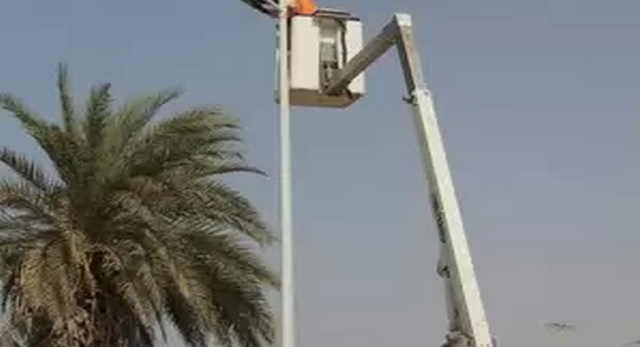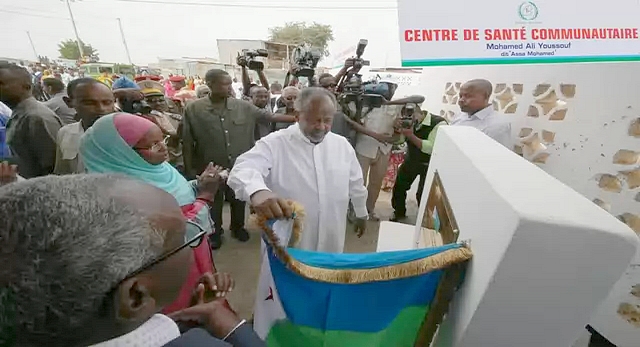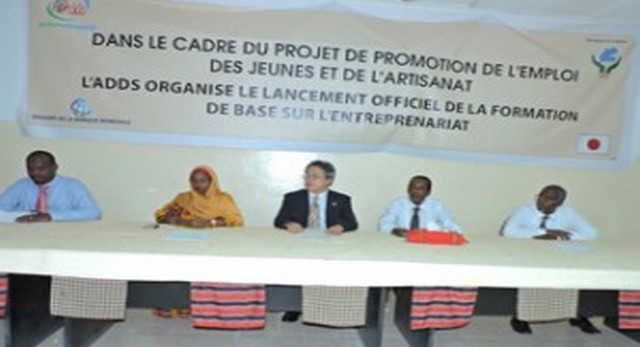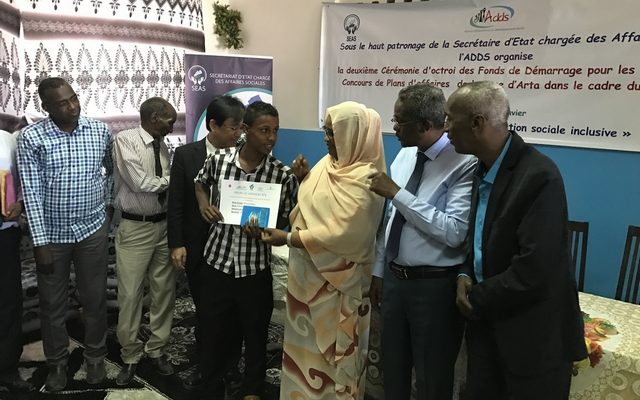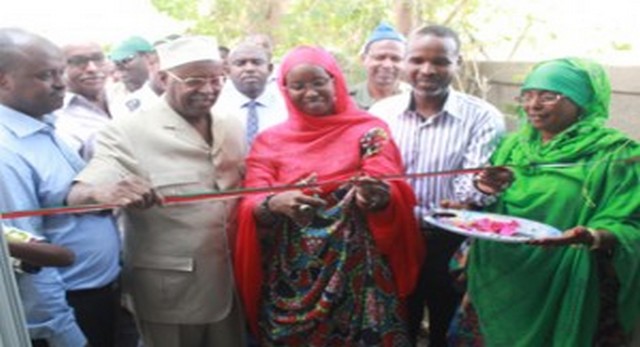Our capital, like all great cities in the world, is faced with multifaceted challenges that result in an unrestrained population growth and rapid expansion of urban and suburban areas.
This urban perspective requires rapid and effective response of public authorities, particularly the institutions in charge of urban management.
It is in this sense that the Interior Minister Hassan Omar Mohamed, and Secretary of State for National Solidarity Zahra Youssouf Kayad, conducted last Thursday the launch of the steering committee of the solid waste management project funded by the French Development Agency (AFD).
The conciliation meeting during which the launch was held was held at the Interior Ministry, in the presence of Director General of the ADDS, Mr. Mahdi Mohamed Djama, the prefect of the city of Djibouti, Mr. Mumin Ahmed Sheikh, President of the Common Balbala Youssouf Hassan Nouho, and the Director General of Highways of Djibouti, Mr Youssouf Moussa Charmarké.
In a speech on this occasion, the Interior Minister Hassan Omar Mohamed, who is in fact the steering committee chair of Solid Waste Management Project, said that government efforts have intensified in recent years to supervise and support the changes which our capital is facing, particularly with regard to the thorny problem of solid waste management.
The Minister then said that today’s meeting is part of the dynamic and aims to launch the work of this major project to fight against urban poverty and improve the living environment of our fellow citizens .
Started in 2014, the Waste Management Project Solid financed by AFD up to 6 million euros, is implemented by the Office of Highways Djibouti (OVD) with the support of the Agency Djibouti Social Development (ADDS).
The SEURECA-NALDEO group will provide technical assistance.
The Project objective is the reduction of urban poverty, improving the living environment of the local population and the reduction of relative poverty and extreme, and the sound management of solid waste.
This project is expected to create formal employment in the sector of solid waste management, improved sorting and recycling and the creation of a building materials manufacturing industry from plastic waste.
Namely Djibouti city daily produces about 300 tons of garbage to collect, transport, store and process. This daunting task returns to the road authority (OVD).
Mohamed Chakib

